Be a part of the change
you want to see in the world
"Girls are one of the most powerful forces for change in the world: When their rights are recognized, their needs are met, and their voices are heard, they drive positive change in their families, their communities, and the world"
Lily Pad Projects is an initiative set out to eradicate period poverty in low-income communities by promoting the use of Reusable sanitary Products.
Educate young girls and women on menstrual hygiene and sex education. Additionally, support one girl at a time with reusable sanitary products
Eradicate period poverty across the globe one girl at a time and provide clean water and sanitation in low-income communities in Africa
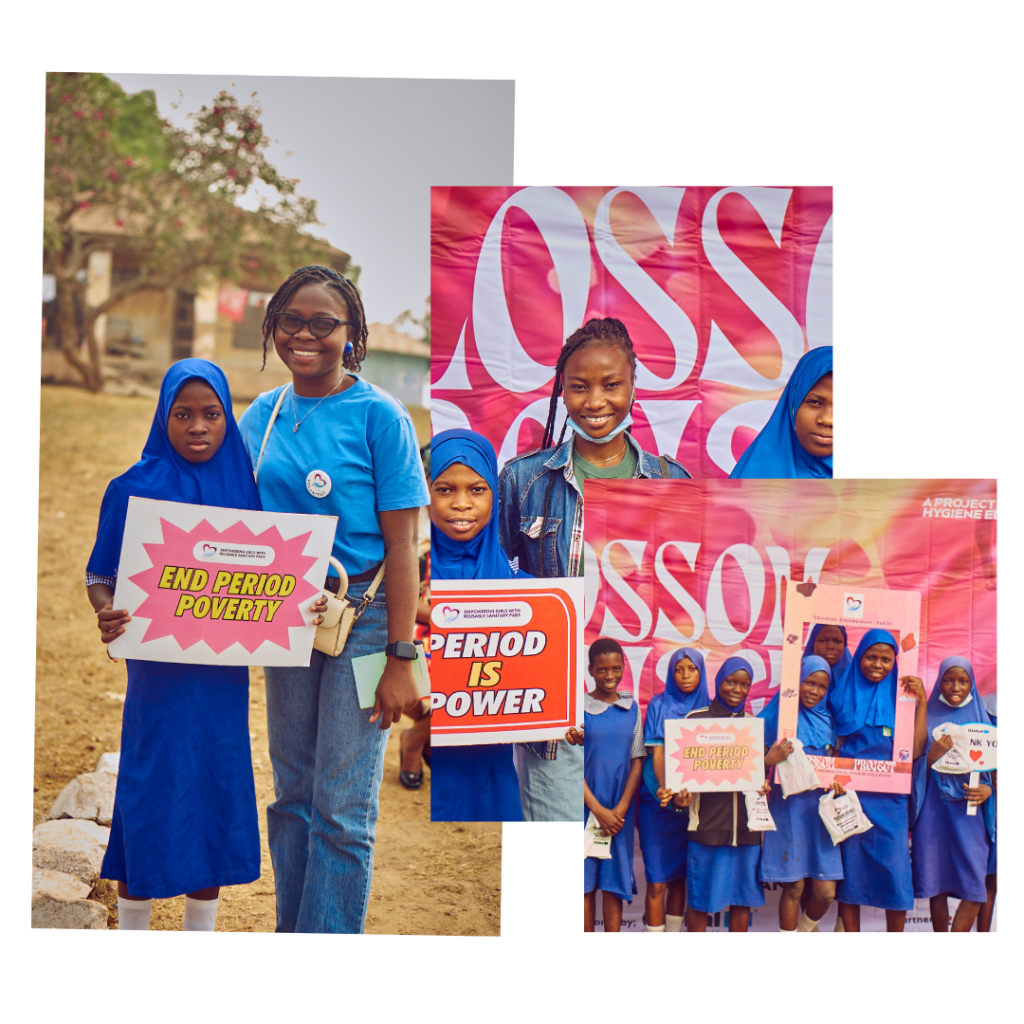
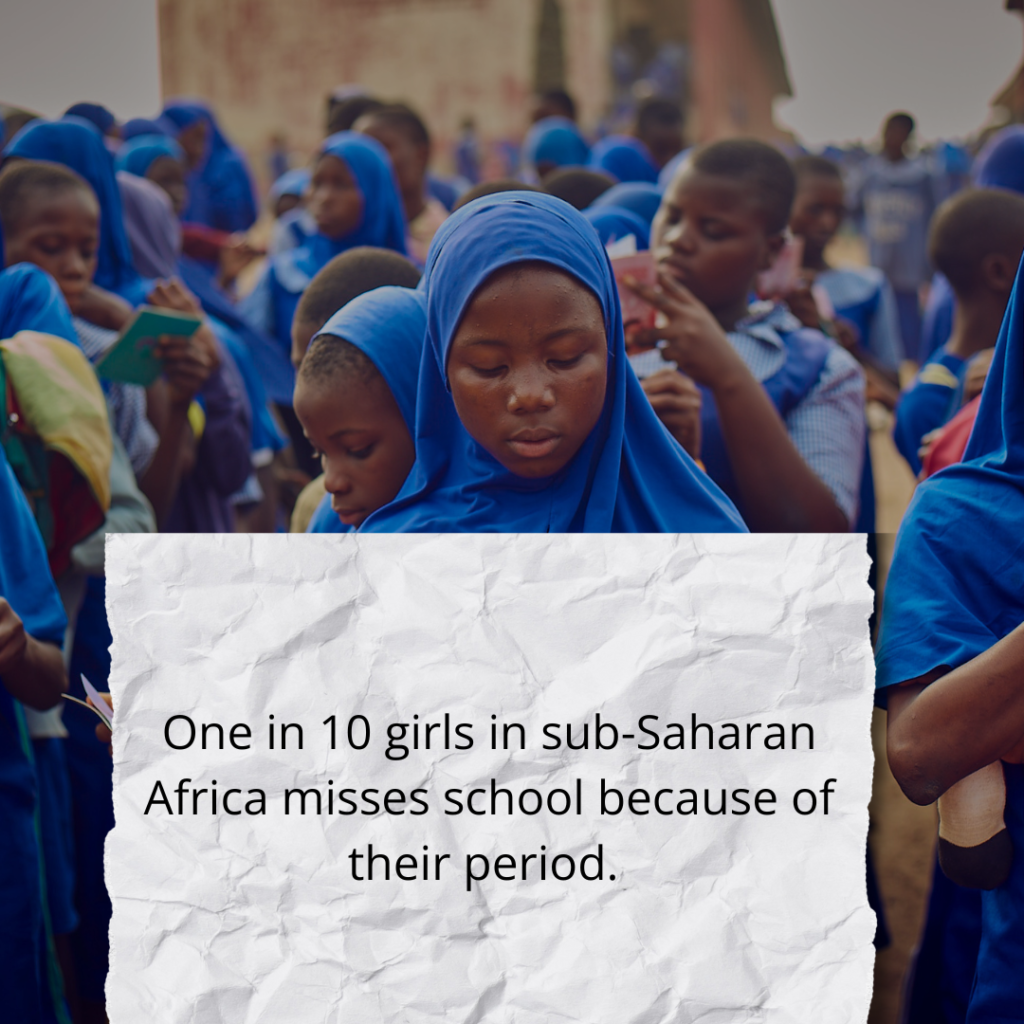
Protect Her
Embracing Girls' Health with Reliable Menstrual Care
Some girls reportedly lose 20% of their education for this reason, making them more likely to drop out of school altogether. Also, plastic menstrual products generate more than 200,000 tons of waste per year. Most menstrual hygiene products are made up of plastic and are non-biodegradable, taking approximately 500 to 800 years to decompose.
HISTORY SPEAKS
PAST AND PRESENT PROJECTS
Blossom Projects (2024)
We have been awarded a grant from Global Changemakers to fund Blossom Project 2024.
One Girl FIve Pads Project- 1G5P
In 2020, the Sisterhood of Grace organized our first outreach after the COVID-19 pandemic to support girls in low-income communities
Blossom Projects (2022)
In 2022, we officially launched the Blossom project for the first time
SPONSORS & PARTNERS
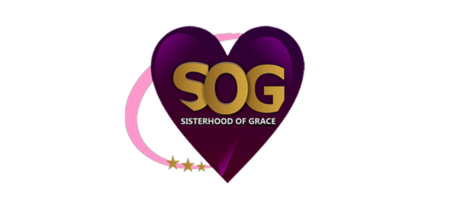



Real People, Real Comments
Read the Comments of some of the beneficiaries of different programs and initiatives
Blog
Read Our Latest Update
Direct Links
Contact Info
+2348164733874
lilypadprojectssog@gmail.com
Adegbose Estate, Ikorodu, Lagos
© 2024 Lily pad Projects All Rights Reserved
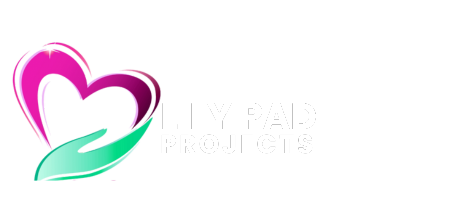

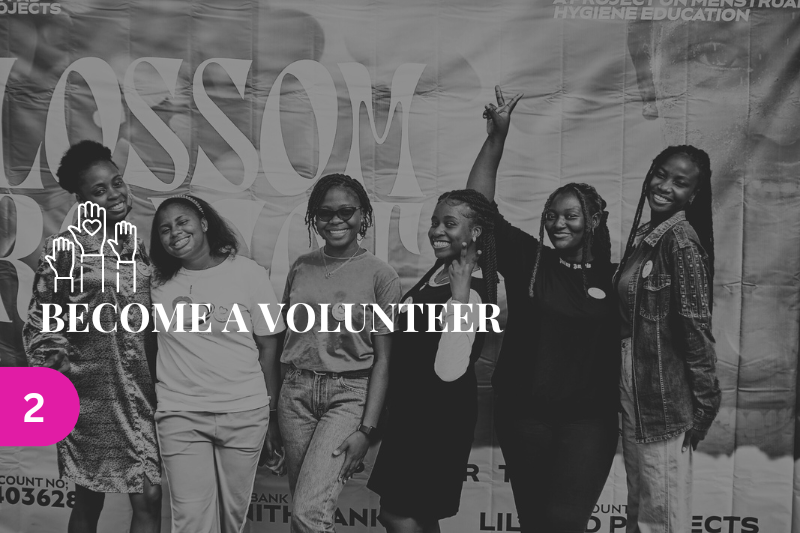
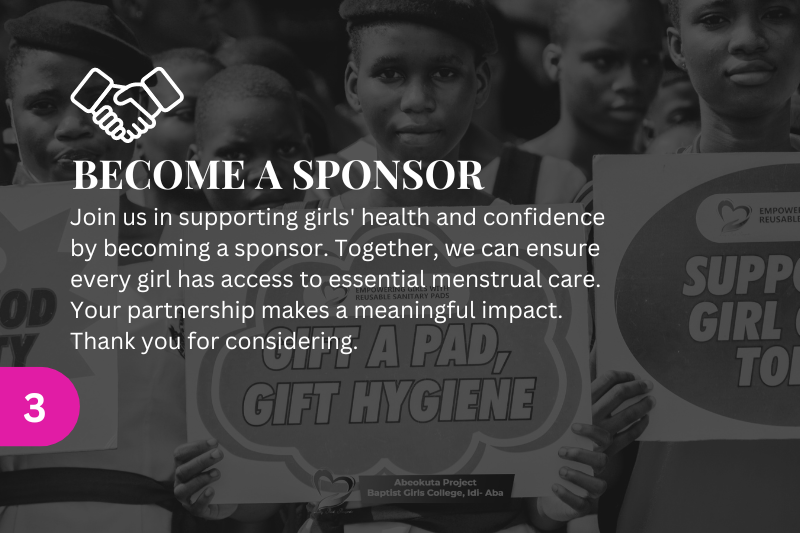
It was highly impactful, the students learnt a new skill. Learning a new skill on how to make re- useable sanitary pad, would help them make money. The can sell and be financially independent, the project is seen as another medium of skill acquisition and girl’s empowerment; DIY (do it yourself). It is very, very impactful and it should be taken round all schools and community, it is a very good project. All girl child should be a beneficiary.-Principal.
Mrs Elenwo- Iwedi, S.I Principal, Idi- Aba, Abeokuta